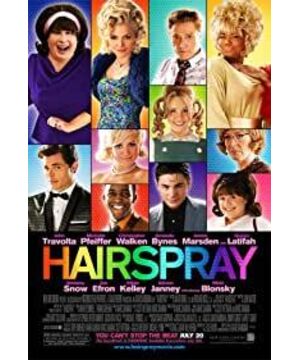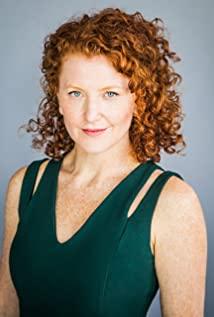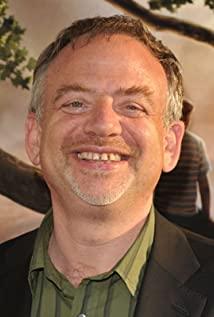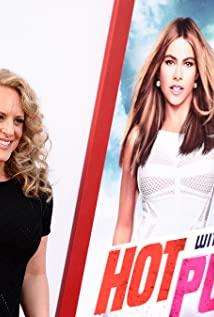For example, this can be seen from two parts: aesthetics and the debate about whether the show should have a "Black Day". In terms of aesthetics, the most obvious example is the mother of the heroine: she was too obese to go out, and she initially sneered at the same obese daughter who wanted to be on TV, because she was aware of the "beautiful body" recognized by society. "It doesn't fit in with my own body shape, and at the same time I accept this strong and slim as the mainstream value, so I feel ashamed of myself. And behind "Black Day" are issues of racial prejudice and even discrimination, from the weekly black day to the black out day-white people (management) refuse to let black people (labor) on the stage! This kind of social issues arising from the mixing of racial discrimination and economic power was resolved by Hairspray with an extremely simple dualistic argument: from the obese heroine being squeezed out by the white classmates to the inferior class (all black classmates) ), until she took the initiative to launch a social movement for blacks that "blacks should have the same stage as whites", and finally succeeded, and therefore captured the favor of the male protagonist, and ended in a perfect ending-everything is so geographically taken for granted!
The blacks in the film are naturally endowed with the characteristics of "friendly, optimistic, and talented", and the heroine's "discovery" to acceptance is undoubtedly a value image of black-and-white racial reconciliation, which not only makes people think Ask, if you really want to do something, you will surely succeed, regardless of how much development capital, power, and social perception you have; in addition, are the differences between groups really so clear, single and homogenous?
You can find that those marginal values (obesity, dark skin) are gradually getting on the same front and calling for multiple coexistence, resisting the mainstream values (thin, white skin, white skin first) that are most likely to eliminate others, but this This kind of effort looks as simple as breathing in Hairspray, and even self-evident. If there is still a widespread view of racial discrimination in American society in the 1960s, then why does Hairspray always present a kind of harmony? But what about the social atmosphere? Even the values are also, as if social justice is self-evident and has a mentality of exclusion of dissidents is a minority, and in the end they will definitely not end well! Is this society really as simple as Hairspray presents?
Eliminate the over-simple narrative logic of the play (perhaps this is also inevitable as a stage play, but in Hairspray it seems too simple and not deep enough. All characters can be reduced to a kind of good/evil opposition. Some characters have no personality, such as the male actor played by Zac Efron, which is an out-and-out vase!) What I appreciate more in this film is the visual performance of music, dance and costume design, after deducting the correctness Due to the requirements of depth of thinking, Hairspray is still an entertaining film with excellent singing and dancing. It has social issues, but unfortunately it is not reflective. Let it be my small expectation for this film.
View more about Hairspray reviews











